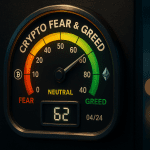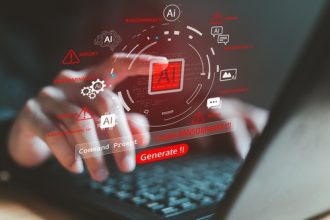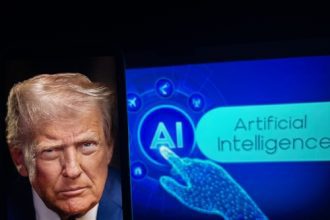ERC-8004: Making Ethereum the Home of Decentralized AI Agents
AI’s next chapter isn’t just another chatbot it’s agents that act on their own. These programs won’t only answer prompts; they’ll surf the web, haggle over contracts, make payments, and team up all without waiting for us. And yes, it does feel a little like science fiction.
But here’s the catch: autonomy requires trust, identity, and interaction rules all without a referee in the middle. Ethereum already holds $550 billion in assets on-chain and powers millions of smart contracts. So why not build on that foundation?
Enter ERC-8004, launched on October 9 by the Ethereum Foundation’s dAI team and Consensys. It brings in three light registries Identity, Reputation, Validation that let agents discover each other, verify credentials, and collaborate natively, right on-chain.
Neat, huh?
Each agent gets a portable identity in the form of an ERC-721 token. The connected registry holds endpoints, skills, metadata like a machine’s passport. Reputation is baked in via payment proofs and feedback, so agents build real behavior histories they can prove.
The big idea? To turn Ethereum into the coordination layer of a machine economy. In that world, agents not human users broker deals, manage resources, form DAOs. And as engineer Binji warns: they wouldn’t want memory or reputation held hostage by any one company they’d want a ledger nobody can tamper with secretly. Smart contracts let us talk to AI. Machines talk among themselves via immutable logs. Ethereum ties it all together.






















